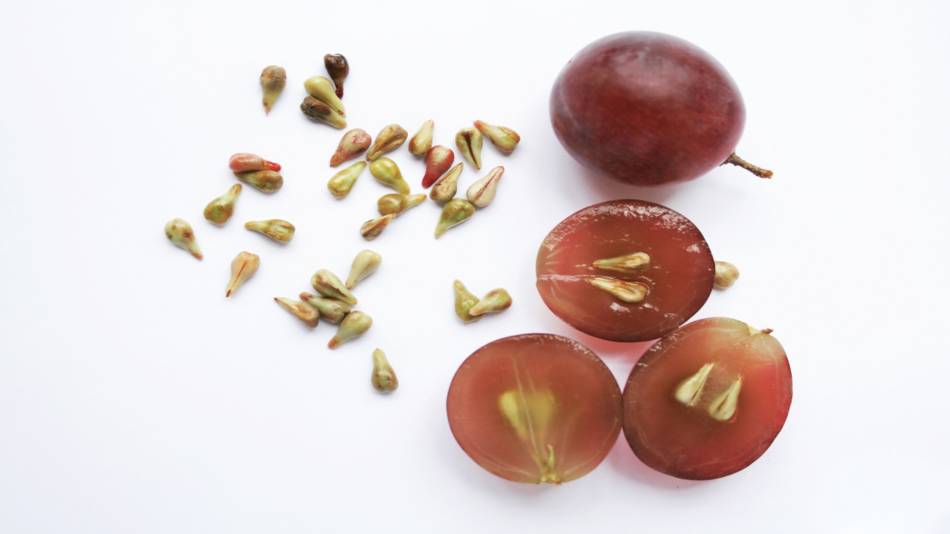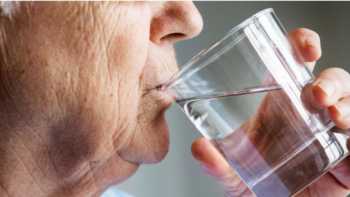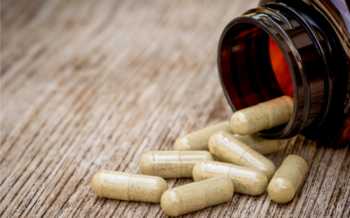Answer:
Grape seed extract is a source of oligomeric proanthocyanidin complexes (OPCs), which are antioxidant compounds. OPCs are also found in pine bark extracts, such as Pycnogenol.
Sign in as a member to find out about the health effects of grape seed extract for venous insufficiency (causing leg swelling), blood pressure, cognitive function, and dry mouth. Also learn about safety concerns, including potential drug interactions and its effect on iron levels, as well as issues related to the quality of grape seed extract.
+
— 12 sources
In addition the results of its expert testing, ConsumerLab uses only high-quality,
evidence based, information sources. These sources include peer-reviewed studies
and information from agencies such as the FDA and USDA, and the National Academy of Medicine.
On evolving topics, studies from pre-print journals may be sourced.
All of our content is reviewed by medical doctors and doctoral-level experts in pharmacology,
toxicology, and chemistry. We continually update and medically review our information to
keep our content trustworthy, accurate, and reliable.
The following sources are referenced in this article:
- Baruch, Ann Chir Plast Esthet 1984
- Bell, Nutr Neurosci 2022
- Bijak, Nutrients 2019
- Calapai, Front Pharmacol 2017
- Dillon, Eur J Sport Sci 2021
- Eslami, Int J Cancer Manage 2022
- Li, Heliyon 2023
- Ma, J Food Sci 2011
- Martinez-Zapata, Cochrane Database Syst Rev 2016
- Mottaghi, Complement Ther Clin Pract 2023
- Park, Br J Nutr 2015
- Villani, Food Chem 2014











Submit your comment
This feature is restricted to active members.
Join now to add comments and get all member benefits, including over 1,400 reviews.
Join NowAlready a member? Sign in here.